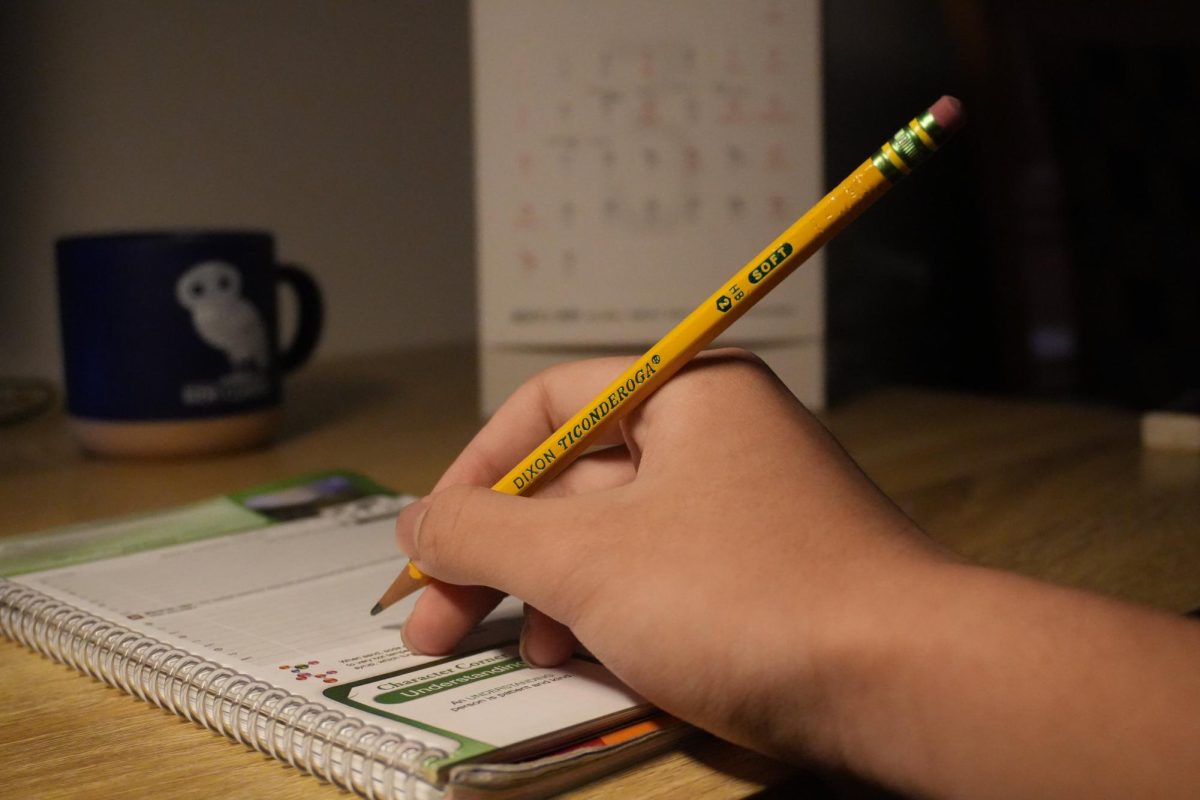
As we enter into a ‘progressive’ era, it’s interesting to see how education has yet to make major moves towards progress as well. Students are still being limited in their literature choices and are therefore forced to view history and society through a certain lens. The prevalence of books written by white males that we are still required to read in our English classes shows that we can call ourselves progressives, but the limitations in our English classes will only hurt us instead. English classes should diversify the literature that students have to read.
I still remember my freshman English class and the books that we read. These books include timeless tales like The Odyssey and The Oedipus Cycle. In my sophomore English class, there was more liberty in the books we chose to read. However, I was still sad that we had to continually read Shakespeare to understand the history of those times.
Why are we so bound to the stories of white male authors? Why is our history shaped by the tales of men and their quests? These limitations of what we read only force a limited perspective of society. How can we be blamed for our narrowed view when we have been required to continually read these books annually with little to no change? I think that they do not offer the same worth that they used to offer in past generations.
Although Shakespeare’s writing demonstrates the art of literature, his writing is limited in the perspective that it provides. I’m not saying that we should take out plays written by Shakespeare from the curriculum, but we do need to strike a balance. Books like The Hate U Give by Angie Thomas, Becoming by Michelle Obama, and Where the Crawdads Sing by Delia Owens ought to be added to the reading options at Townsend Harris. These books highlight the struggles of minorities and those whose stories were deemed unworthy to be told.
We as a school cannot foster a theme of inclusion if we do not attempt to diversify the selection of books in English classes. We as a school cannot think extensively if we are limited in scope. We as a school can not justify reading texts by simply saying that they are ‘classics.’ We as a school can take part in the effort to redefine what diversity and inclusion means in English literature.
There have been classes that have successfully integrated multiple perspectives into the curriculum. The AP English Language class helps students hear from marginalized perspectives that we are not privileged to hear from in other classes. The sophomore selectives for English classes also provide diversified literature where students are generally more interested in what they read. However, the selective classes are only limited to sophomores and should be broadened to include other classes. Limiting this choice to only sophomores contradicts the theme of inclusion for our school.
An answer to this problem is to offer various book selections that students can read in their classes. In my sophomore English class, we had a system in place where there would be “off and on books”. The “on” books would have us further examine texts that would help prepare us for the AP English Literature Exam. The “off” books strayed from the typical classics but still had to be approved by the teacher. This fostered a community where students were interested in the books they read and contributed more to class. It ensured that students had a choice in what they read, including texts from diverse perspectives. Although there are many steps to achieve full inclusion and diversity of books into the classroom, this is a step that will yield wonderful results.
Townsend Harris is just a scaled down version of the real world. Once we expand our minds here, our world has no other choice but to diversify, truly moving us into a new era.



























